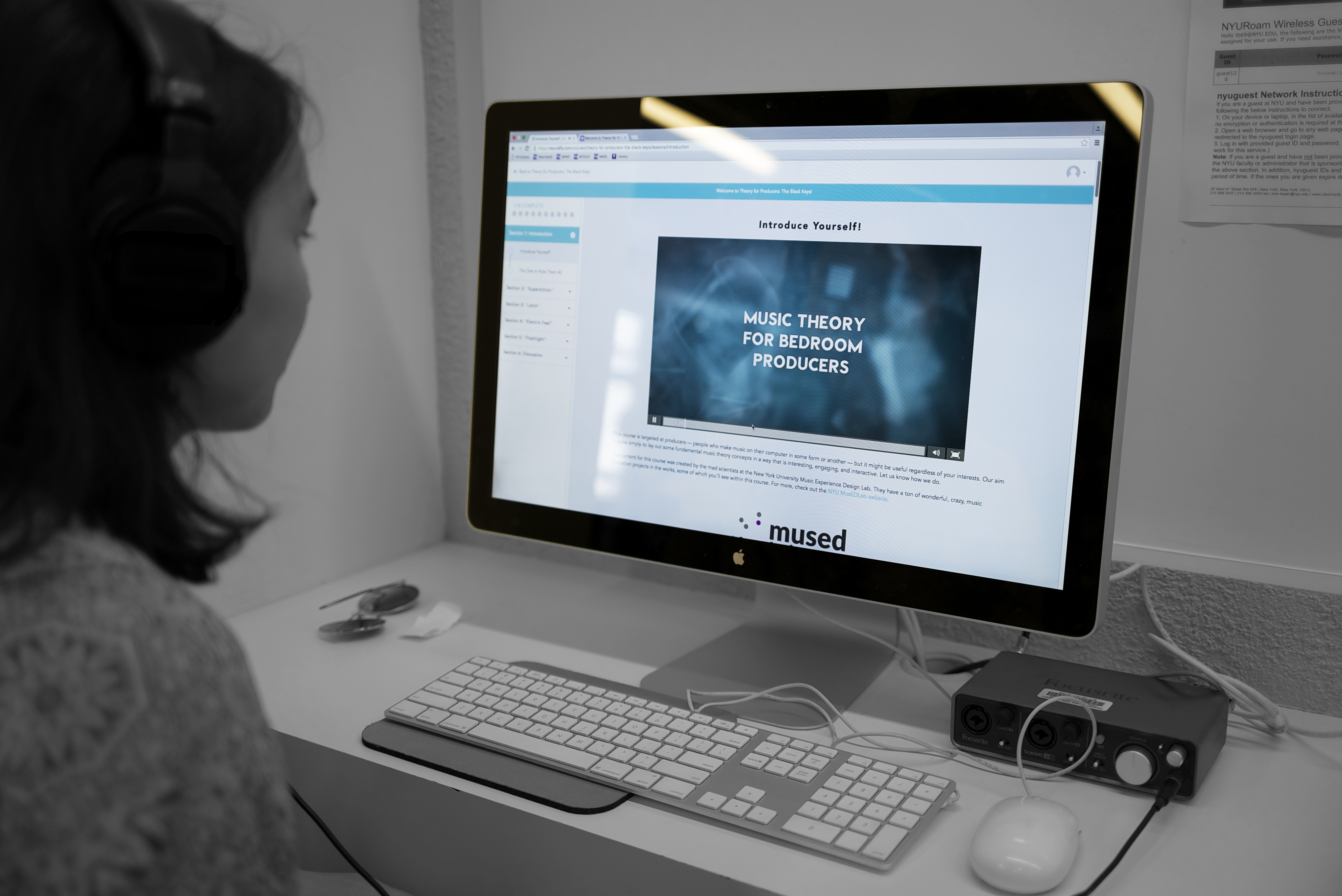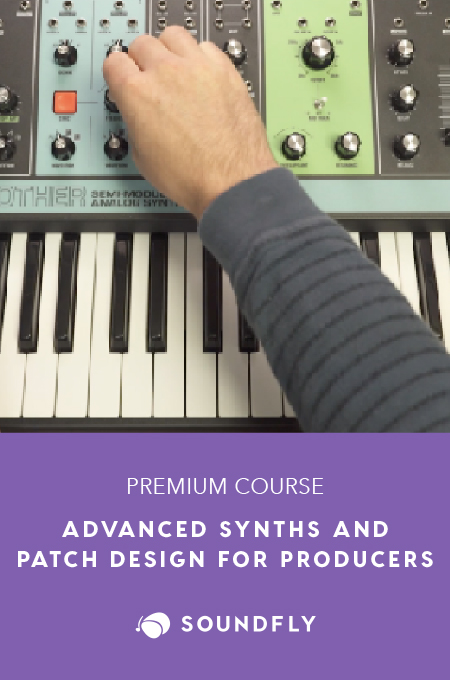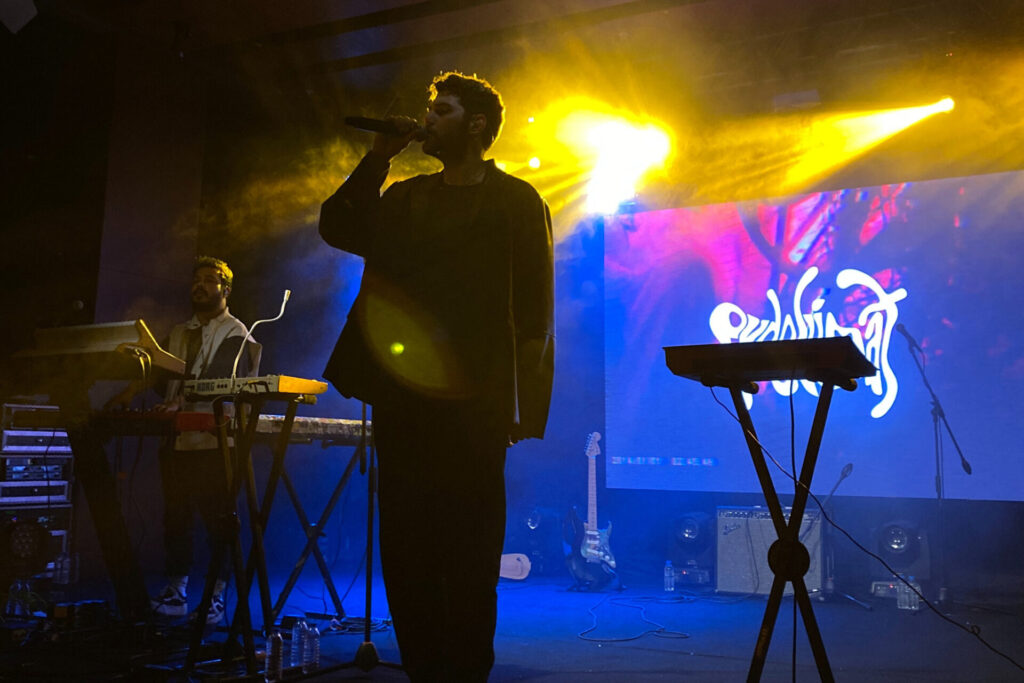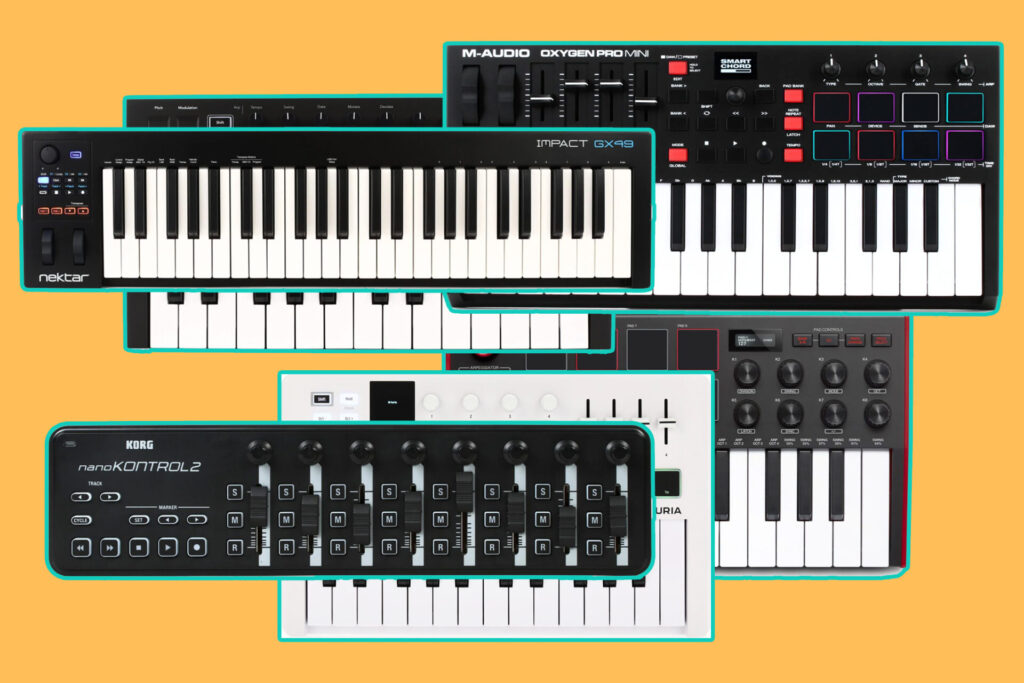+ Pursue your next social media marketing goal with a Soundfly Mentor like Marta! Soundfly offers four-week mentorship sessions with a pro, customized to you. Get in touch to learn more.
If you’ve built up your social media following and are seeing tons of engagement on your Facebook artist page — that’s great! But if all that effort is still not converting into ticket and album sales… not so great.
By tweaking your Facebook habits and doing a little content planning, you can use your pages to drive attention to and attendance at your events. Here are six proven techniques to help you optimize your page and get your followers out to your next show.
1. Post Frequent, Quality Content
Great content that captures people’s attention and makes them look for more is the key to beating the social media game. You need to find ways to cut through the noise of people’s feeds.
You probably already know what characterizes quality content based on what you’re attracted to online yourself: it’s usually personal, valuable, and quick to consume. Great content tells a story, teaches a skill, appeals to our emotions, or it’s a combination of all three. With artists and musicians, it might give fans a peek behind the curtain, revealing aspects of their artistic process the public usually doesn’t see.
Keep your social strategy simple by looking for content that you have and can repurpose to fill your Facebook feed. Event posters, album artwork, and interviews are all good options. Fill in your schedule with behind-the scenes photos and videos or throwbacks to photos or reviews of past events.
Right now, Facebook is pushing video content in particular. It’s made it easier than ever to post a video update to your fans with Facebook Live. If you’re not sure what else to post, consider planning a few days to hop on and give your fans a tour of your rehearsal space or home studio or treating them to a virtual acoustic preview of some new material.
2. Give Yourself Plenty of Time to Advertise
Social media marketing is more than just posting the right cat video — it’s serious business. It takes time to plan and execute a campaign that converts into real sales. I recommend giving your team two months from the event date: one month to build content and plan your campaign, and one month to advertise your event.
During your planning month, create and curate content for your Facebook page. Create a post calendar with frequent updates, just as you would in a crowdfunding campaign. Consider using a social media scheduling tool to save yourself time in the weeks leading up to the event.
Great storytelling makes great marketing. While you’re planning the social media posts leading up to your show, think of each post as a sentence in that story. Introduce the characters, set the scene, throw in a little foreshadowing! Even if every “sentence” you post isn’t about the show, it all contributes to the story of the show.
+ Learn production, composition, songwriting, theory, arranging, mixing, and more — whenever you want and wherever you are. Subscribe for unlimited access!
3. Soft Launch with Your Core Fans
There’s a principle in crowdfunding that in order to boost your chances of fulfilling your fundraising goal, aim to have your core supporters pledge the initial 10% of funds before launch. The same principle applies to support on your Facebook page.
Engagement matters to Facebook algorithms, the more digital love your posts receive, the more Facebook promotes your post in its News Feeds. It also matters to fans — most of us are easily influenced by what our peer group likes. If we see our friends commenting on a band’s event, we’re more likely to go check out what’s going on.
Before you go live with a Facebook event page or important post about your show, reach out to all the people you know will be supportive. Ask them to help you promote the post or event by RSVPing that they are interested or attending, sharing with their friends, and liking or commenting.
4. Advertise Outside Facebook
This goes without saying for your event, but it’s worth a mention for your Facebook page. If you’re using other social media accounts, creating posters, blogging, or doing any other form of promotion, drive traffic back to your Facebook. Your goal is to try to engage your followers on every platform they’re using — theoretically, if they think you’re hilarious on Twitter, they’re going to love your weekly Facebook Live.
When it comes to selling event tickets, gathering people together via a Facebook event page is the best way to gauge what kinds of posts work and which don’t, where you are with expected audience attendance as your concert date nears, and which of your fans live where. So why not link to the event page as consistently as possible?
5. Don’t Pay for Facebook Ads
There are two ways to pay to promote your posts on Facebook: a Facebook ad or a boosted post. A Facebook ad is a unique call to action that targets users based on your criteria and goals, while a boosted post expands one of your posts’ reach to more potential fans.
IMHO, neither are worth your time or money. According to a recent Weebly study, 62% of small business owners say they don’t see real results from Facebook ads. One very accurately described Facebook ads like “walking around at a party and passing [out] business cards.” People just don’t want to be sold to on social media — they want to be engaged with great content. Save your marketing budget to produce higher quality content or hire professionals to help you.
6. Thank Your Audience and Follow Up
Don’t leave your fans hanging!
Be sure to cap off your social media marketing campaign with a thank-you post and include directions about how your fans can stay involved, which can be as simple as reminding them to check out your album on Bandcamp. You want to provide some kind of next step.
Learning to advertise on Facebook takes time, patience, and some trial and error. But as long as you’re posting great content consistently and paying attention to what your fans and followers love, you’ll see the #results with more people coming out to your shows.
Get 1:1 coaching from a seasoned pro.
Soundfly’s community of mentors can help you set the right goals, pave the right path toward success, and stick to schedules and routines that you develop together, so you improve every step of the way. Tell us what you’re working on, and we’ll find the right mentor for you!






